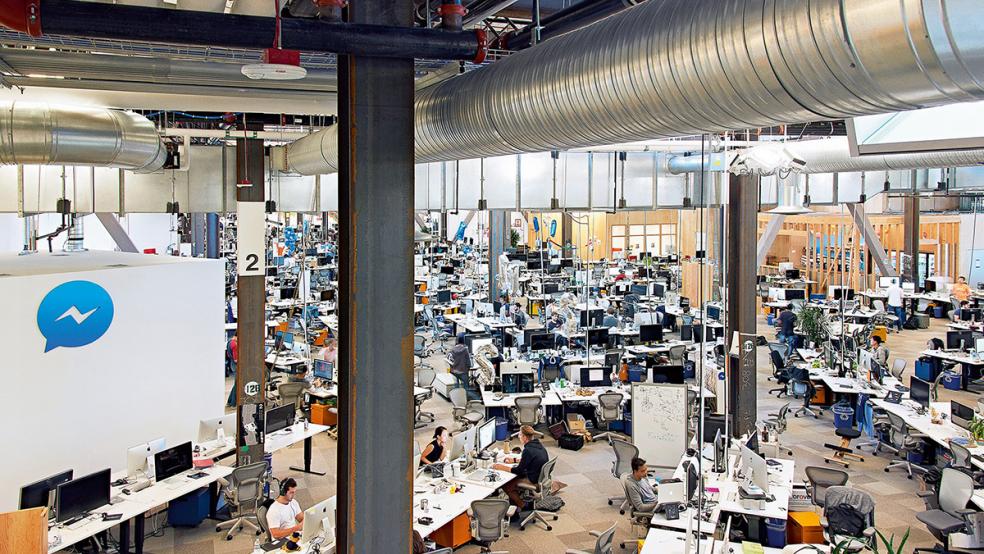Rex Nutting of MarketWatch says that while everyone is talking about employment (and Rudy Giuliani and Stormy Daniels and Kanye West), the economic statistic that matters more in the long run is capital spending.
One of the main selling points of the GOP tax cuts was that they would provide a boost to business capital expenditures, which in the long run would help the economy grow faster and push wages higher. While it’s too soon to tell if the tax cuts are achieving that purpose, Nutting says that business investment in things like offices, factories, machinery and software has been picking up in the last year, even before the tax cuts took effect.
The bad news, however, is that “net investment is very weak by historical standards,” as you can see from this chart Nutting provided, which shows a long-term decline in net investment (as a percentage of cash flow) since the 1950s.

The good news is that economic conditions may finally push companies to start investing more in their businesses. Nutting writes:
"This dismal trend may be about to change for a very good reason: Businesses are reporting that strong demand is running up against the economy’s capacity (including imports). Supply chains are tight, and prices are rising for goods and services in short supply. The natural response by profit-maximizing companies would be to expand their capacity rapidly to meet demand, and to some extent that seems to be happening."
The only thing lacking so far is convincing evidence that this jump in investment is actually occurring. And, despite the encouraging economic environment, there’s reason to think that it may not, since the data shows that over the long-haul companies have found less and less reason to invest in their own businesses.
“So far,” Nutting writes, “American corporations seem to be doing just what most economists expected them to do: Return the bulk of their tax-cut windfall to shareholders through share buybacks and dividends. It’s not a lack of capital that’s holding back investments in the American economy, it’s a lack of imagination.”




